Highlights
- US Labor Department intensifies H-1B enforcement under Project Firewall
- Investigators uncover violations involving wages, job roles and reporting
- Administration frames move as protecting American workers
- Indian professionals face increased scrutiny and uncertainty
A sharper enforcement drive begins
The US Department of Labor launches Project Firewall, a new enforcement effort aimed at tightening oversight of the H-1B visa program. The initiative targets employers that cut corners on wages, misstate job responsibilities, fail to disclose layoffs or use procedural loopholes to sidestep protections for American workers.
Officials say the project is meant to enforce existing rules rather than introduce new restrictions. In a statement, the department notes that the effort ensures employers “prioritize qualified Americans when hiring” and holds violators accountable.
Project Firewall arrives amid an intense national debate over immigration and employment. The Trump team consistently argues that American workers should not lose opportunities to cheaper foreign labor, presenting the enforcement sweep as part of a broader “America First” labor approach.
Investigations reveal systemic gaps
Early findings point to patterns of non-compliance across several firms. Investigators report cases of unpaid wages, job locations that differ from official filings and terminations that are not properly documented. Some companies also place workers on unpaid status between projects, a practice known as benching.
Authorities additionally flag instances of job postings created for compliance on paper rather than for genuine recruitment of domestic workers. Officials say such practices distort wages, disadvantage US employees and undermine legitimate H-1B professionals.
How the administration frames the shift
Senior officials defend the initiative as a corrective measure rather than a rejection of foreign talent. The Labor Department says the renewed scrutiny strengthens fairness in hiring and reinforces workplace standards.
White House press secretary Karoline Leavitt calls the approach “nuanced,” noting that skilled immigration continues to play a role in specialized fields. She says the focus is on ensuring that employers do not bypass American applicants while still benefiting from global expertise where necessary.
Indian workers feel the immediate impact
Indian nationals make up the largest share of H-1B visa holders, putting them at the center of the policy’s effects. Analysts say companies may slow foreign hiring or hesitate to file new petitions due to concerns about audits and penalties.
For current visa holders, stricter oversight raises fresh worries about renewals, job transitions and long-term planning in the US. Many Indian professionals rely on stable H-1B status for career progression, family decisions and eventual green card pathways, making any disruption particularly sensitive.
What lies ahead for employers and workers
Project Firewall signals a more assertive enforcement phase for high-skilled visas. While the administration maintains that skilled immigration remains part of the US workforce landscape, the priority now rests on compliance, documentation and transparent hiring practices.
For employers, the message is clear: any misuse of the H-1B system risks penalties and heightened scrutiny. For foreign professionals, especially the large Indian cohort, the environment becomes more cautious, with greater emphasis on staying compliant and understanding the shifting expectations of US regulators.


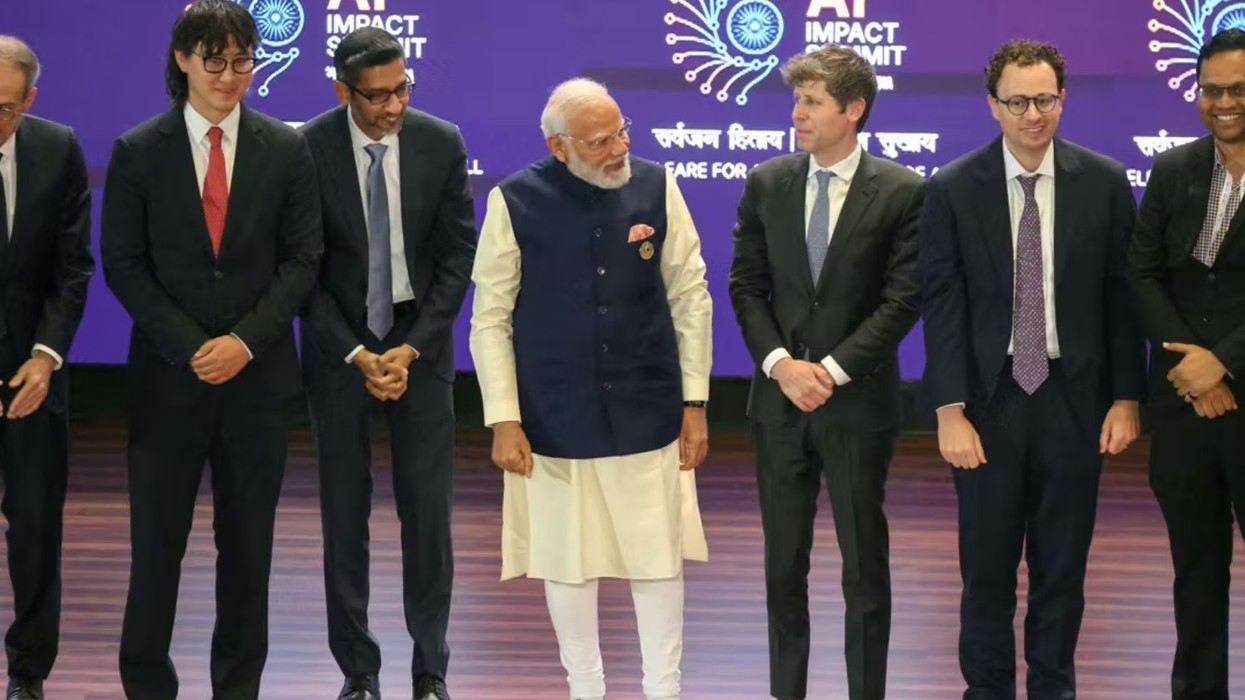
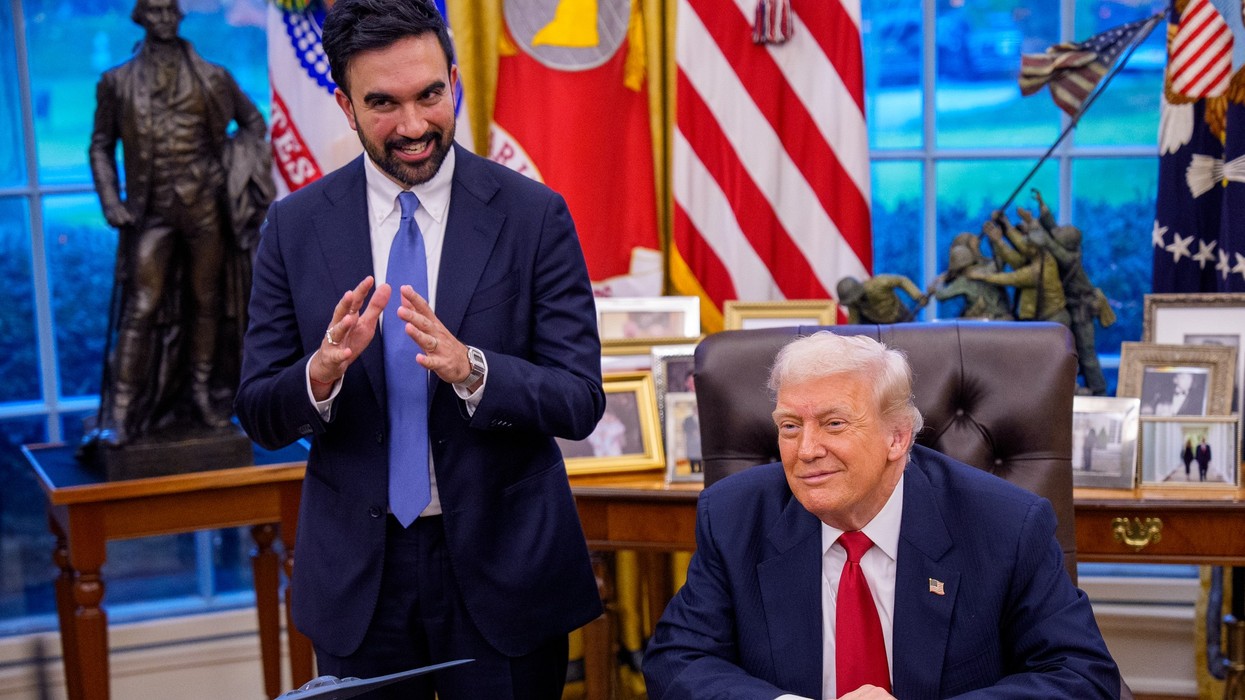







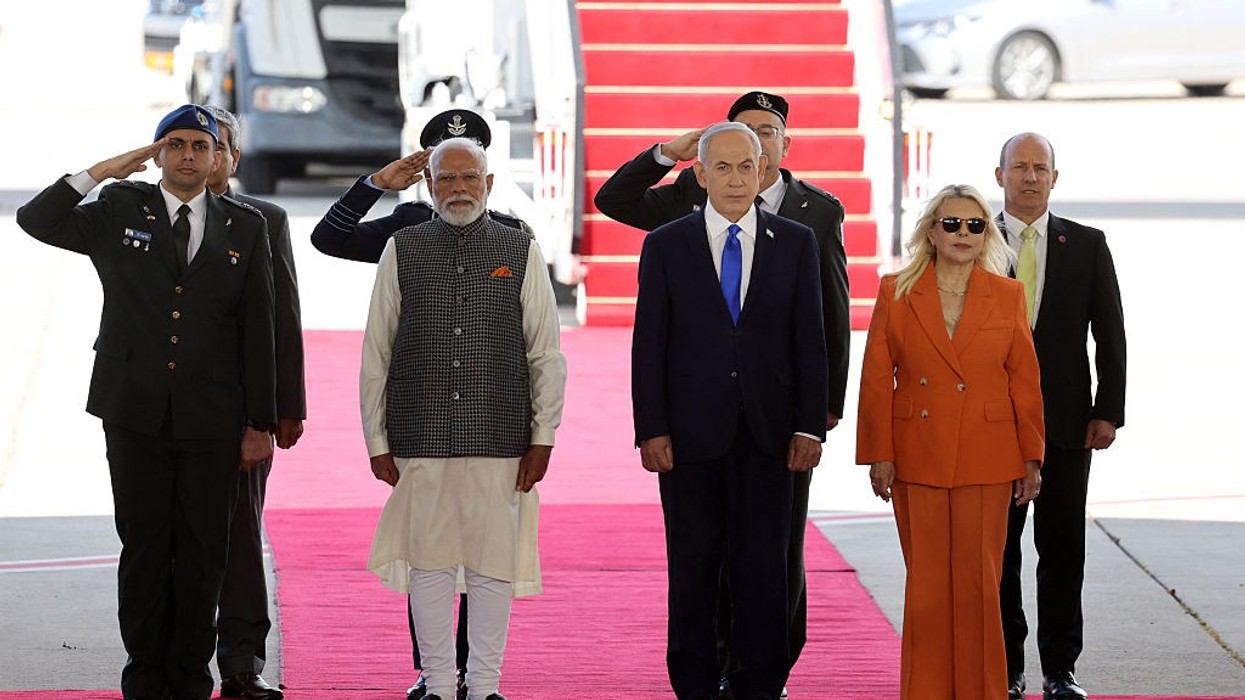
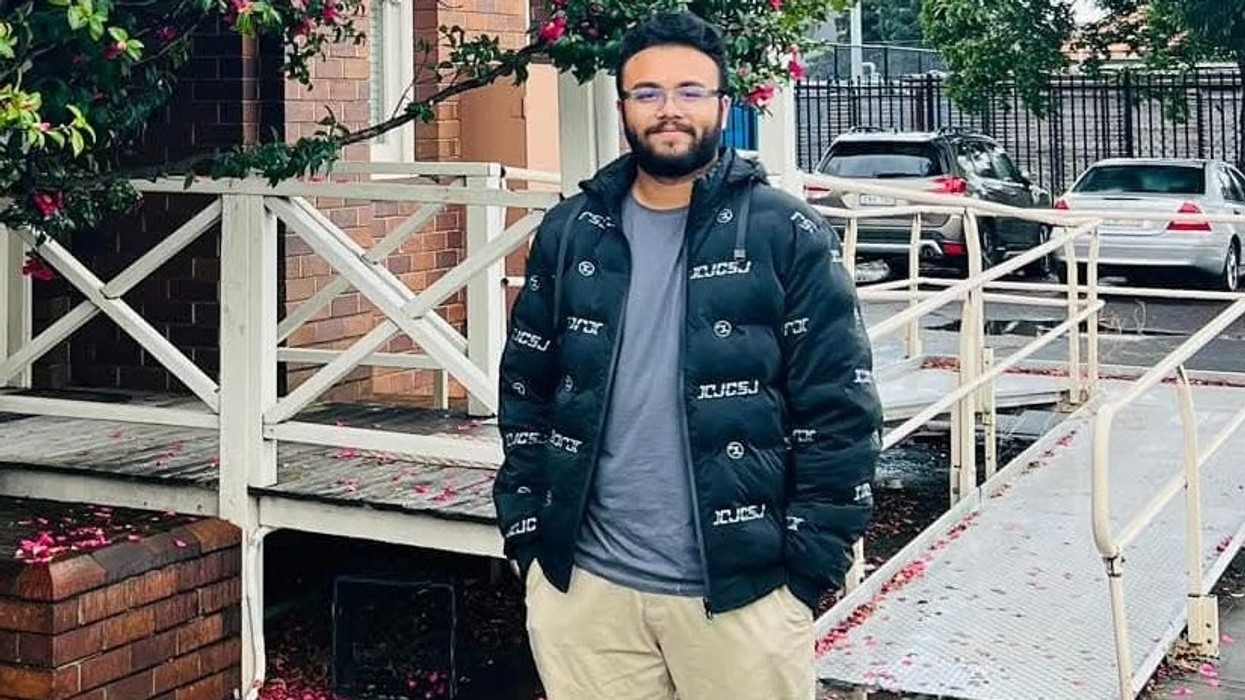
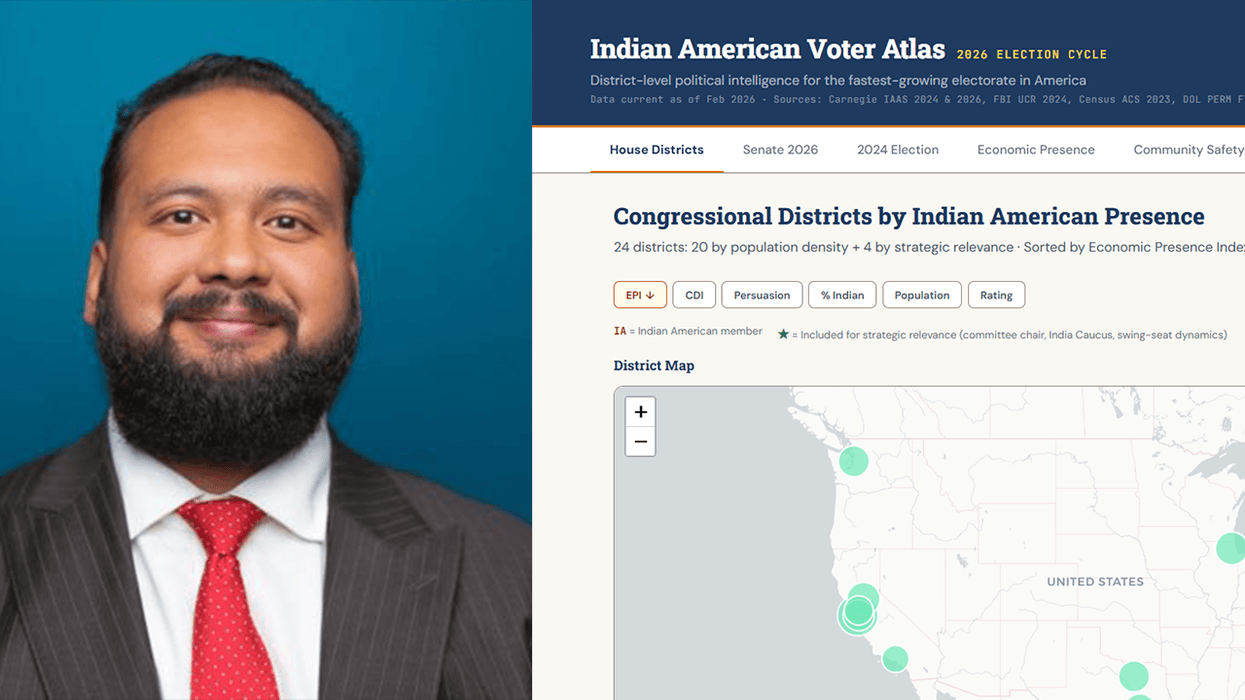
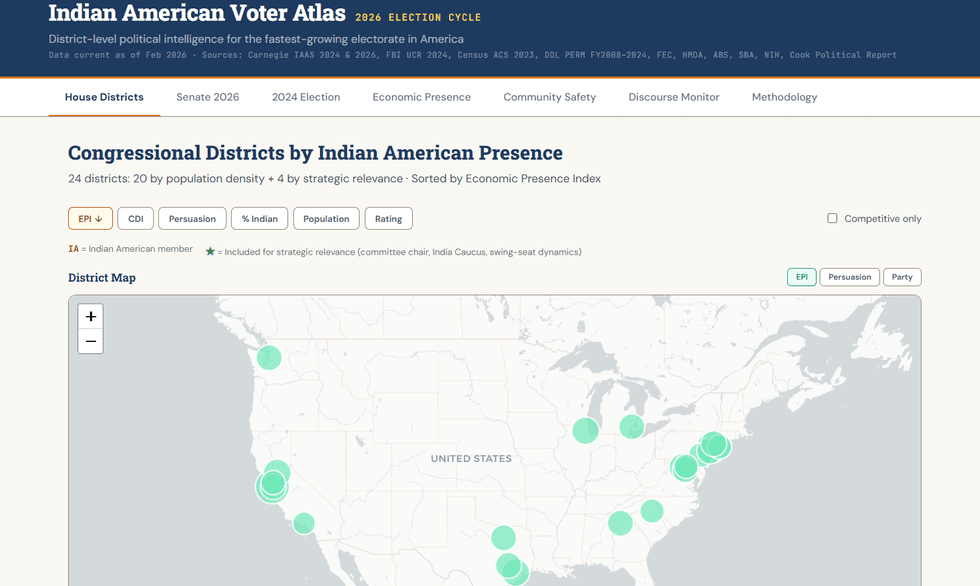 https://www.voteratlas.io/
https://www.voteratlas.io/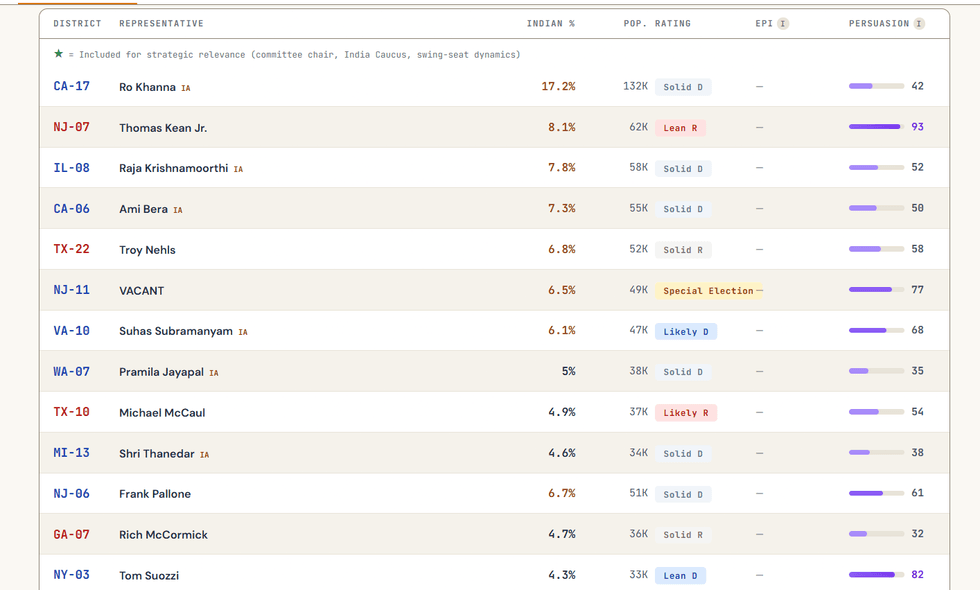 https://www.voteratlas.io/
https://www.voteratlas.io/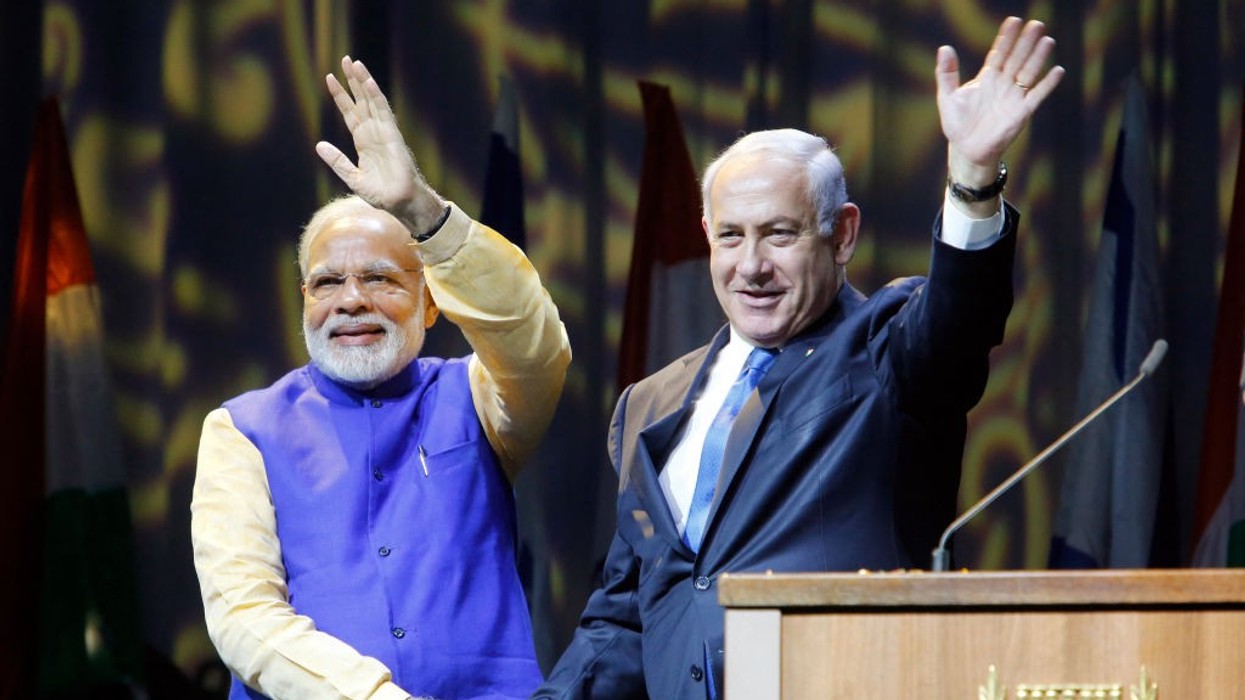
 A historic moment in Israel. The parliament erupted in applause and echoed with ‘Modi, Modi’ chants as PM Narendra Modi prepared to address lawmakers, highlighting the deep ties and admiration… | Times Now
A historic moment in Israel. The parliament erupted in applause and echoed with ‘Modi, Modi’ chants as PM Narendra Modi prepared to address lawmakers, highlighting the deep ties and admiration… | Times Now